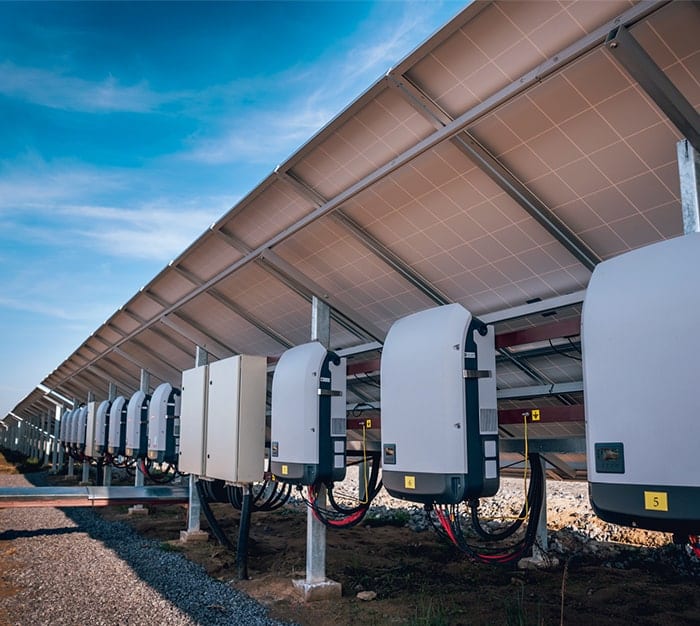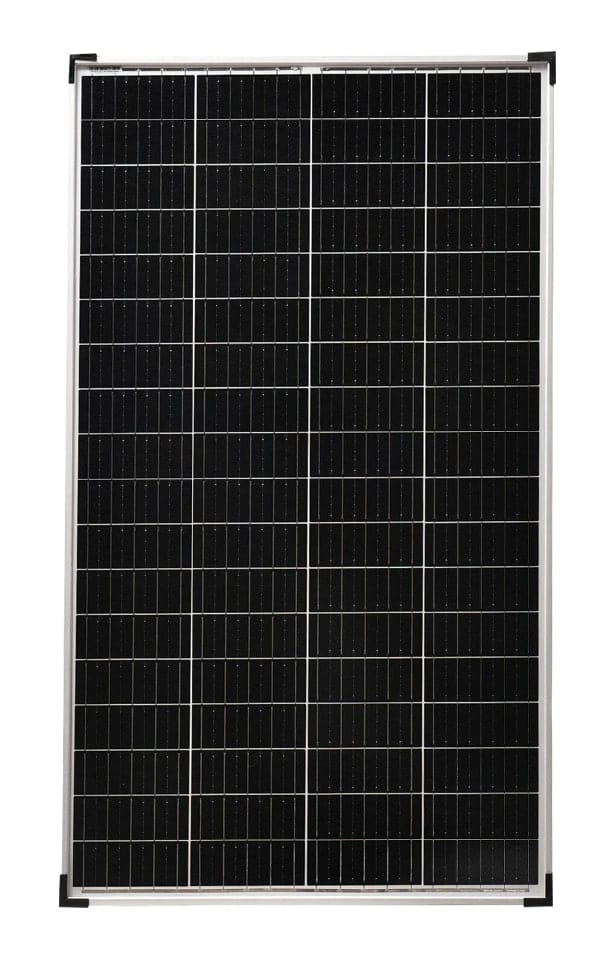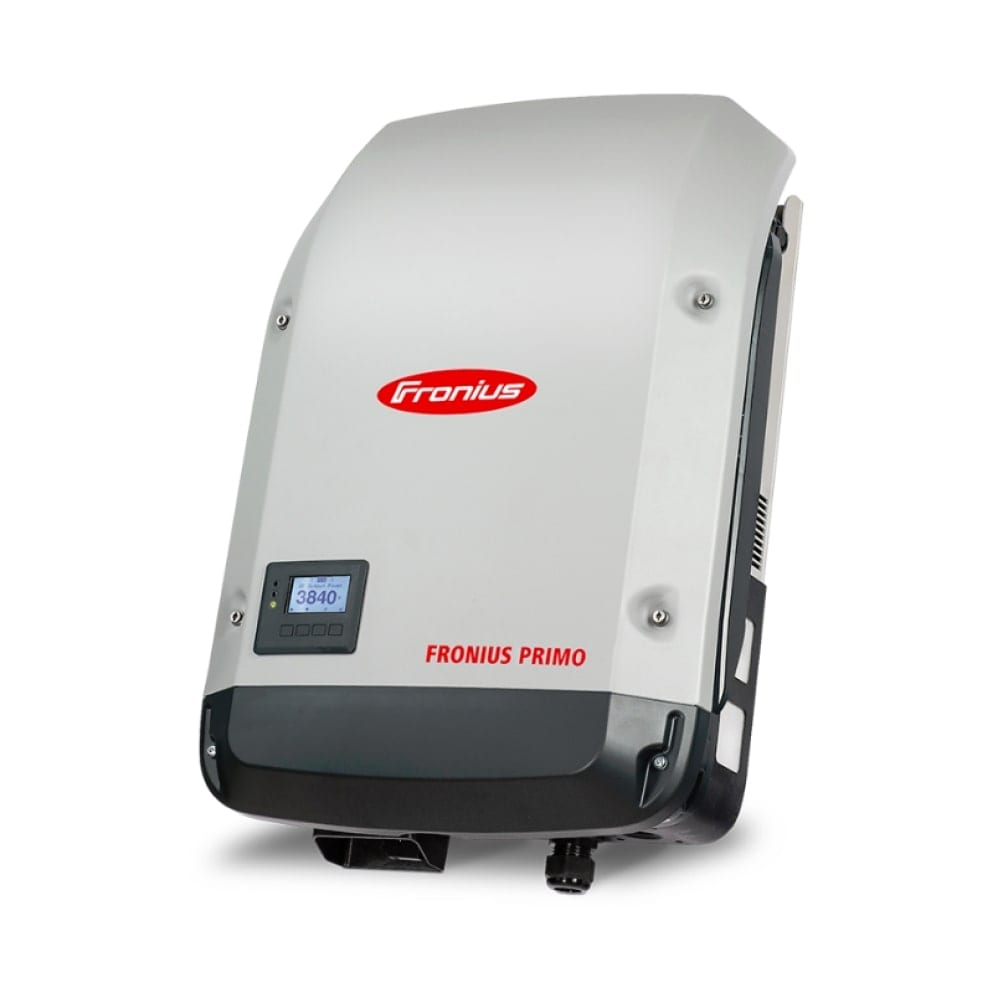
Solar Power Battery Storage
Sort your solar storage needs
Battery storage, which is meant for reserving energy for later use like during blackouts or during energy demand peaks, or for night usage. At SolarSeed, we can evaluate your current PV system and give advice on whether battery storage could be useful addition to reduce peak energy charges.
There are few different types of storage systems like Hybrid Inverter, DC coupled, and AC coupled solution.
Hybrid Inverter
Hybrid Inverter is capable of managing the electricity output of solar panels and charging a battery system, while also operating with mains grid supply. This inverter is best for storing energy for self-consumption or provide back up during emergencies. hybrids are more of a necessity to compensate for weak or intermittent grids or a lack of grid electricity altogether.
They are DC and AC coupled solutions, so you get the benefit of each. It allows storing power in the battery before it’s covered to AC. As is it also AC coupled, you can still incorporate features like battery backup and storing power during cheaper times. The entire monitoring for storage and the solar system is done from one unit.
DC Coupled
In DC coupled, the energy comes from the solar panels and battery to the inverter in DC power without energy conversion. The inverter only converts the energy to AC power so it can be used by your home appliances or exported to the grid when there is excess energy that can be sold.
A limitation of this configuration is that you’re unable to draw power from the grid and store it for use later on. It also can’t be configured to provide power in a grid outage. This solution however is cost-effective, efficient, and usually quite easy to retrofit into existing systems.
AC Coupled
AC couple storage is the most common type of storage. It is not as efficient or as cost-effective as storing solar energy than DC coupled. The power is generated by the solar panels as DC power, travels to the solar inverter where it is converted to AC power.
It then goes through the switchboard to the multimode battery inverter using AC power where it is converted back to DC power and stored in the battery. When the home solar energy can no longer power the home, the multimode battery inverter converts the energy back to AC power to be consumed by the home appliances.
Eligible households can claim a discount on the cost on installing a solar battery system up to a maximum rebate of $4174 of battery storage packages of selected postcodes.
Would you like to discuss your project with our solar power specialists?
Call us today on 1300 034 089 or fill out our contact form.
How To Assess A Solar Panel

Performance Warranty
The power output of a PV panel decreases over time due to degradation of the cells. Performance warranty defines the minimum level of performance in 25 years. Expect 80% plus, with performance panels exceeding 90% after 25 years
Solar Panel Wattage
Wattage is a measure of the amount of power generated by the panel. The suns energy generates approximately 1,000 Watts per sq/m – so the Wattage of a panel is the area of the panel x the efficiency of the panel

Panel Efficiency
is a measurement of a solar panel’s ability to convert sunlight into usable electricity. Moest Tier 1 Solar Panels have 18% – 22% efficiency.
Product Warranty
Solar Panels are exposed and the manufacturer quality is important. The product warranty covers defective materials or manufacturing faults. Most panels offer 10 or 15 year product warranties with premium panels offering 25 years.
How To Assess A Solar Inverter

Safety Of A Power Inverter
Every inverter requires anti-island protection which disconnects the solar system’s electrical supply to the grid in the event of blackout
How Efficient Is The Grid-Connected To Inverter?
Inverter efficiency is a measure of how well a device converts the electricity it receives form the solar panels into the power available to your home or to expert to the mains electricity grid. Most grid-connected transformer-based solar inverters (very, very few of these are sold these days) have an efficiency of around 93% or better, while transformerless devices are typically around 95% or better.

Solar Inverter’s Life Expectancy Warranty
The average lifetime of a solar inverter is ten years at least, and so standard inverter warrant will cover you for 10 years. Most retailers are now offering an 8 to 10 years warranty. Obviously, the longer the warranty the more protection you have.
Solar Inverter Presence in Australia
It’s an important factor to ensure that the inverter brand or manufacturer that you select has some type of presence and office in Australia. The reason for his is if you have any issues with your inverter you will want easy access to assistance and have someone nearby available for troubleshooting or servicing as opposed to being in a different time zone.
